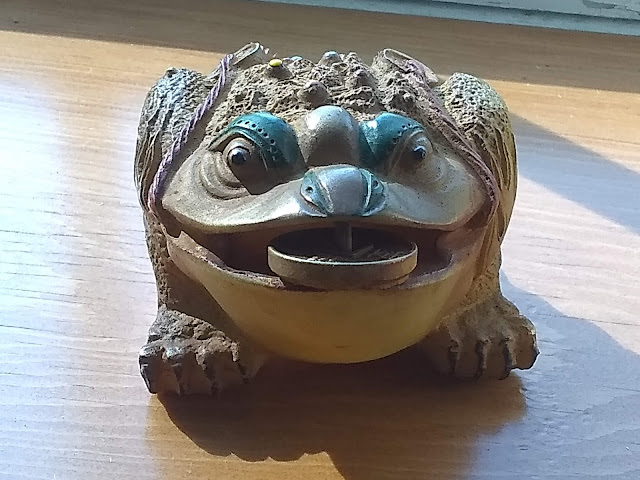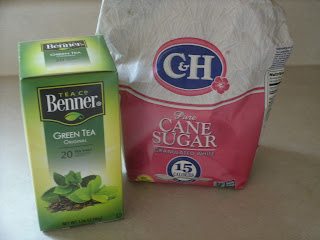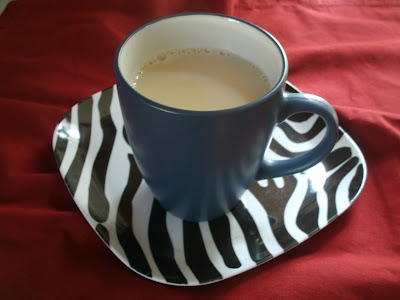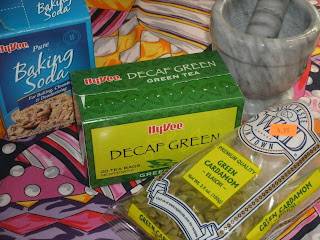Papua New Guinea
Papua New Guinea has been kind of hard to find information on. Per YouTube, they grow coffee and tea there, and there is a picture of a cup of tea that looks like black tea. Given the paucity of information, I decided to check our good old friend Google. There I found an article from the free library that was written shortly before I graduated high school. So far, that article has been the most information I found about the tea industry there, although it is a bit dated. I'm not sure what the status of tea is 22 years later, but it appears that there's not much enthusiasm locally. I did find something maybe more recent (it talks about tea price projections from 2006 - 1015). This is on the Tok Pisin English Dictionary that is apparently a bilingual dictionary/encyclopedia of Papua New Guinea.
Tea was introduced as an experimental crop in the 1950s. A few tea estates were established with the idea that they would provide a market, processing, and technical assistance to small holder famers growing tea in the surrounding villages. However, tea cultivation didn't really catch on with the locals. They preferred other, less labor intensive cash crops. In the 1970s there were six large foreign owned estates that produced the majority of the tea. There were 5 smaller estates feeding into the system as well, with virtually no tea from small farmers.
Low tea prices in the 1990s hit the tea growing industry there hard, and the first article I found seems to reflect this talking about how tea plantations were not in production, and left to go back to the wild.
About 10% of tea grown there is consumed domestically. The end of the article does talk specifically about the price of black tea, so that's what I'm going with. I get the feeling that it would be difficult to get a cup of tea there, while getting a cup of coffee would be fairly easy. It's an interesting history, though.
Papua New Guinea is on half of the second largest island in the world. They are on the eastern half of New Guinea, which is part of the Solomon island chain. They gained independence in 1975, so the tea industry sounds like a colonial idea. The colonial history of the region looks complicated as the big island was split into different pieces controlled by the Dutch, English, German, Australian governments at different times. The population there tends to be younger and more rural. Ethnic backgrounds and religions are highly diverse. The islands were inhabited by people from many different backgrounds.
I don't know that I'm going to have a cup of tea for this country. I really like the fact that the local farmers looked at tea and said no. They knew their land, and they knew how they could get more for less work. So I'll end with a picture of my 3 footed toad. Per Chinese tradition, it will bring wealth to the owner, and I wish the inhabitants of this country prosperity and the courage to continue stand up for themselves.




That's a cool toad.
ReplyDeleteYes, I quite enjoy its company. It also turns bright gold when you pour hot water on it.
Delete